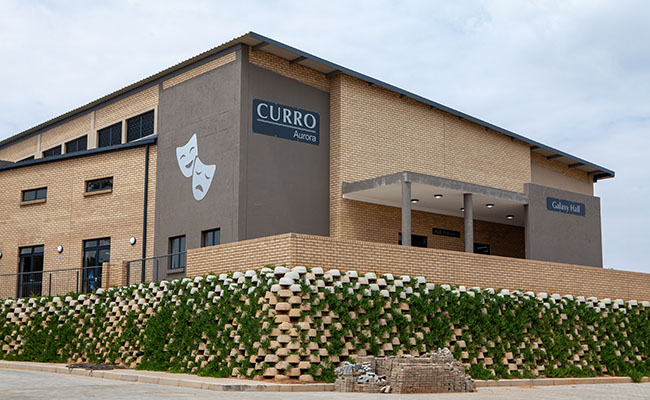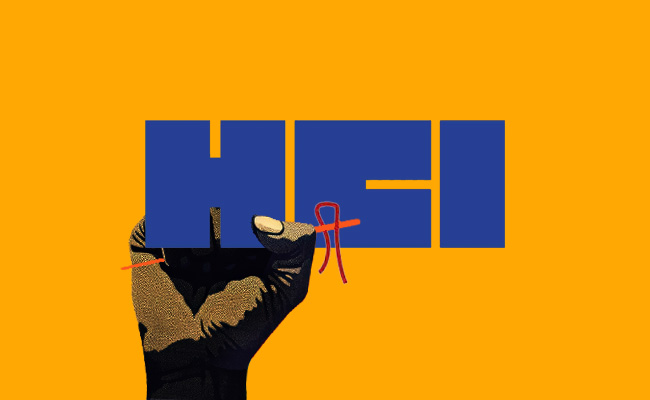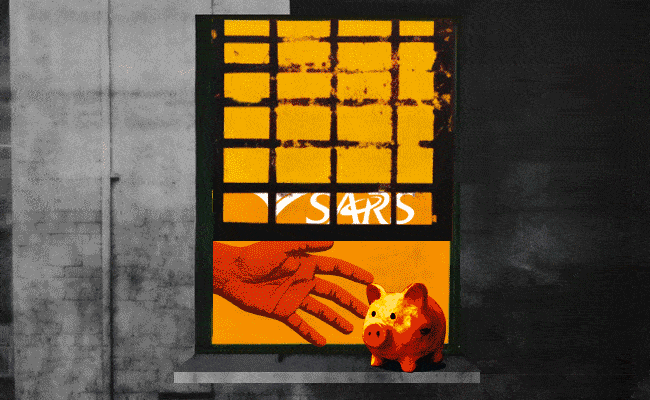It might just be the quickest shareholders’ meeting on record. In less than eight minutes on the afternoon of October 31, Curro shareholders approved one of the most generous transfers of wealth this country has seen in years.
And who were the beneficiaries of this generosity? Well, without doubt the Curro shareholders. The benefactor was the Jannie Mouton Foundation (JMF), which was funding the R7.2bn transaction.
A barely discernible 0.02% of shareholders who attended the meeting voted against the scheme of arrangement. No surprise there. Actually, it was a surprise that anyone at all voted against the scheme given how unquestionably attractive it is for Curro investors.
That’s because the deal essentially rescues them from their failing investment – at an eye-wateringly generous premium. For six months the share price had been on a precipitous decline. By April it had fallen to 840c – down from R13 a few months earlier. A flurry of buying in April and May (as it turns out, by the Moutons) saw it bounce up to 900c but it slumped back to 800c by August.
Analysts agree that the release of grimly disappointing interim results in August should have devastated the share price. But along with the results came the announcement that the JMF wanted to buy all 96.6% of the Curro shares it currently did not own and convert Curro into a public-benefit organisation (PBO). The foundation holds 3.3% of Curro, which is one of its least valuable investments. The most valuable, by far, is its Capitec stake, followed by its PSG Financial Services shares; these are being used to fund the buyout.
So, you can see why an unprecedented 99.98% of shareholders voted in support of the deal. And also why no appraisal rights were exercised; these only come into play when shareholders believe they’re being short-changed.
Foregone conclusion?
What is a bit puzzling is why there was a relatively low turnout at the meeting. Added to the 47.79% who actually participated and voted almost entirely in favour of the deal was a block of 25.7% who were excluded from voting because they were related parties. This leaves 26.51% of Curro shareholders who either don’t know they own the shares or couldn’t have been bothered to pitch up. Presumably this latter category assumed success was a foregone conclusion.
As for the “related party” block of 25.7%, equivalent to 145-million Curro shares, this had been topped up significantly in the months ahead of the August announcement.
An annexure to the shareholder circular outlining the terms of the transactions reveals the Mouton family and related parties bought up an additional 25-million Curro shares in April and early May. While these parties must have been aware of the pending JMF offer, it’s extremely unlikely the sellers were. At that stage few analysts were punting Curro as a buy; the sellers must have been a bit irked by the late-August transaction announcement.
No wonder details of the acquisition spree caused something of a stir on X last week. Apart from the Moutons and related parties, the only other entity buying Curro in large numbers during these months was Citiclient Nominees No 8.
It means that the family ends up with a little under R2bn of the R7.2bn at which the deal has been valued.
It’s a bit ironic that R2bn is around the same sum that Jannie Mouton Snr used to set up the foundation back in 2017. Much of that initial endowment was made up of Capitec shares, whose rapid and breathtaking appreciation helped to boost the value of the foundation.
It was an enormously generous donation with attractive tax benefits for Mouton. In terms of Section 18A of the Income Tax Act, the value of the donation can be deducted from the donor’s (Mouton’s) taxable income. Though the deduction is capped at 10% of the donor’s annual taxable income, the excess can be carried over to subsequent years.
As for Curro, which is set to convert to a PBO, it will become the dominant asset in the JMF. And as a PBO its cash status is set to become considerably more attractive as it will not have to pay dividends or tax.
In addition, Curro can accept donations which will generate tax deductions for the donors. Operating in the crucially important education sector means it’s likely to be an attractive option for many corporate social investment programmes.
Whether or not this ensures a reversal of its fortunes remains to be seen.
Top image: Gallo Images/Papi Morake.
Sign up to Currency’s weekly newsletters to receive your own bulletin of weekday news and weekend treats. Register here.














